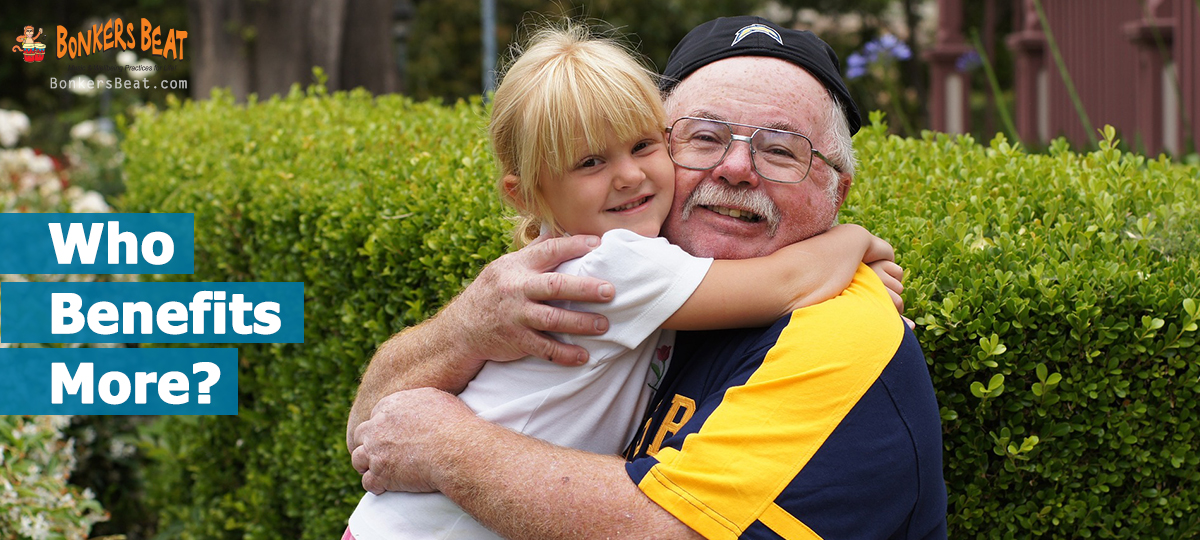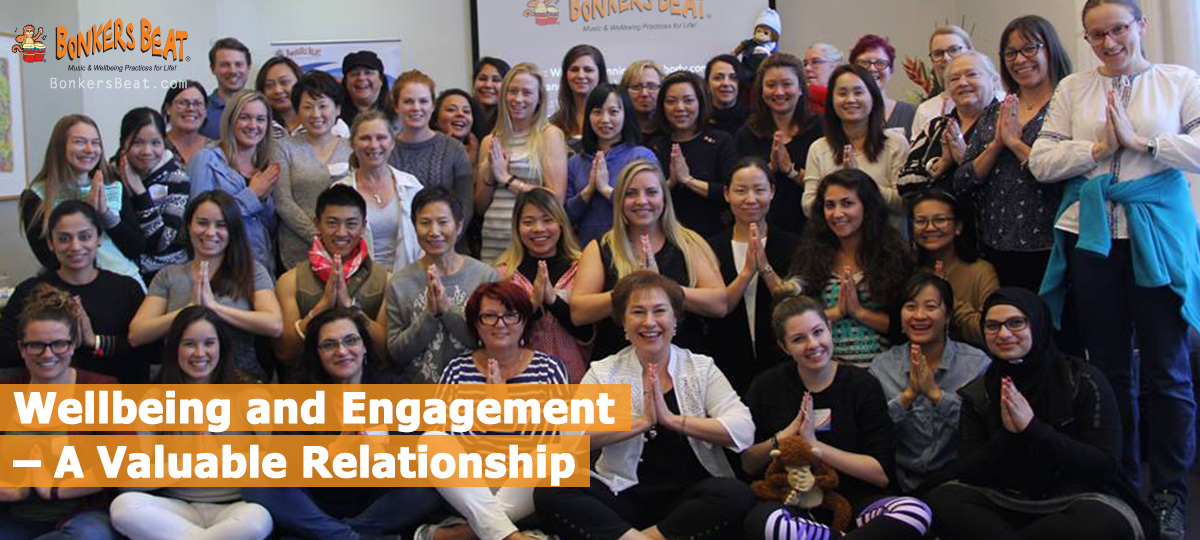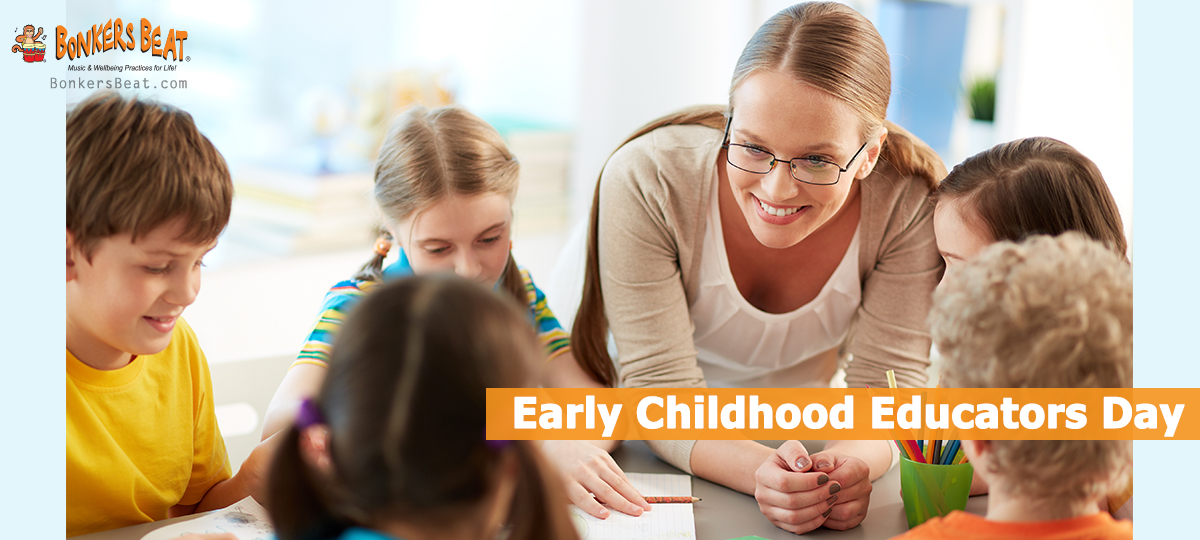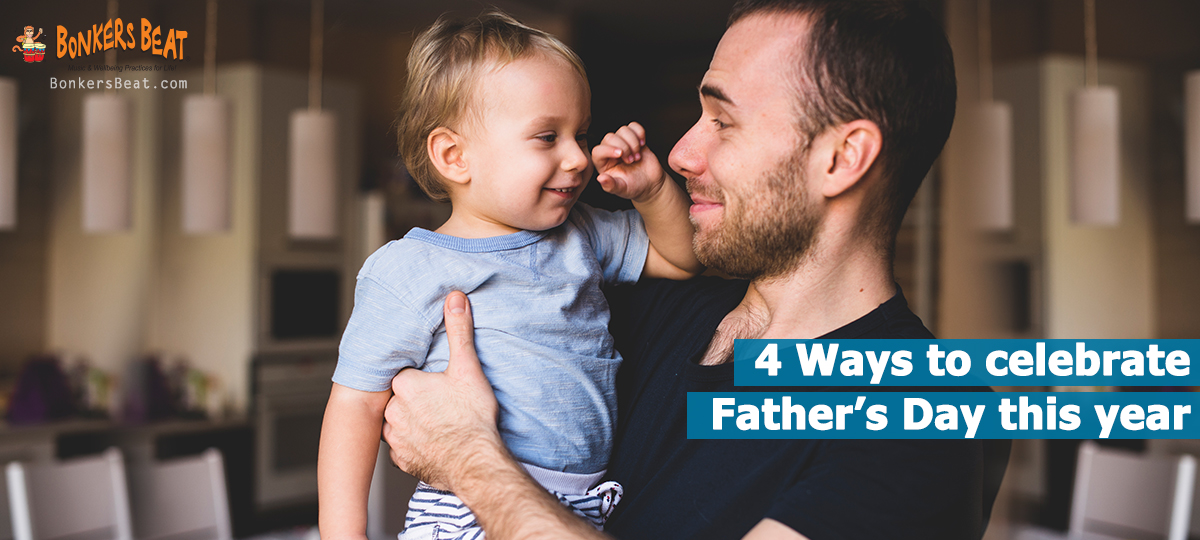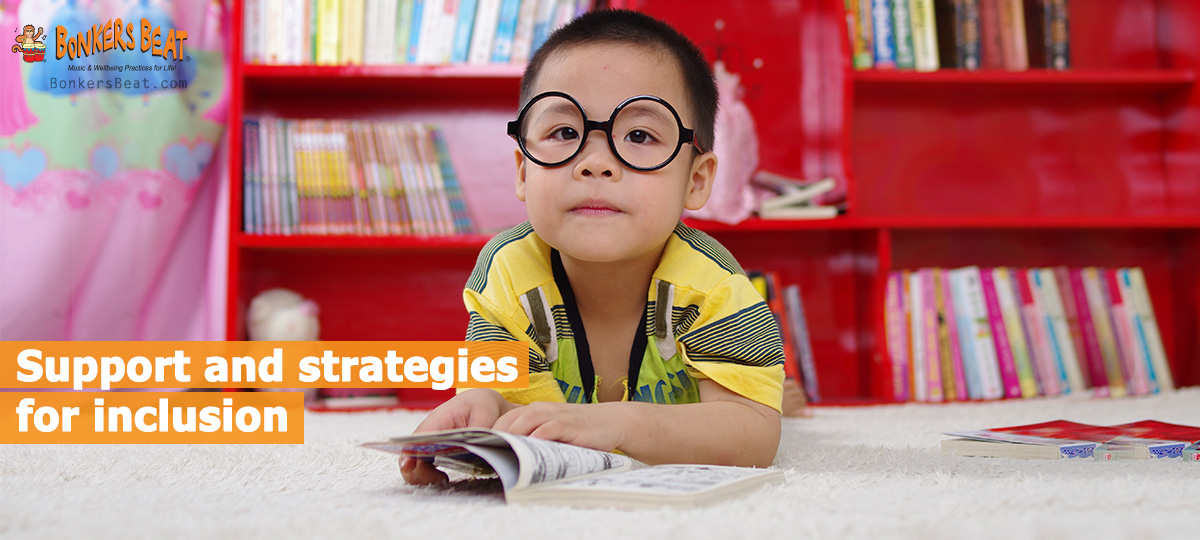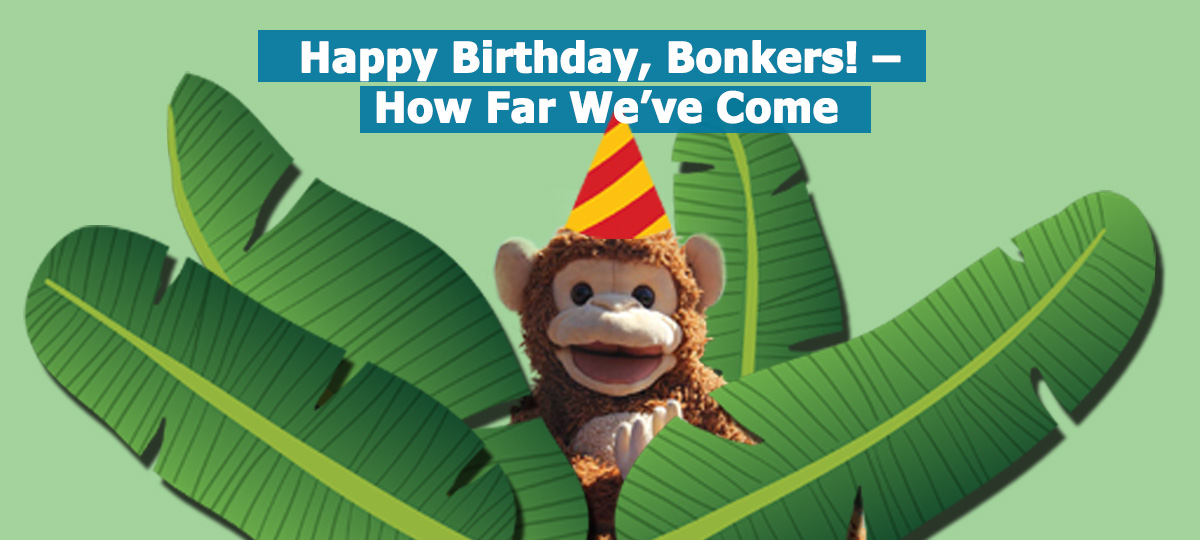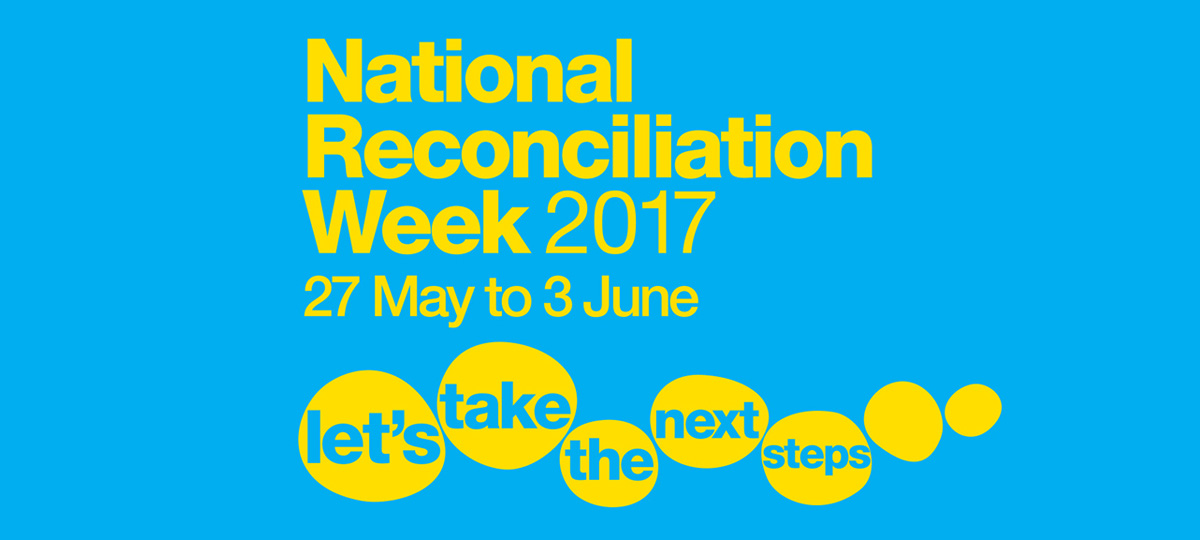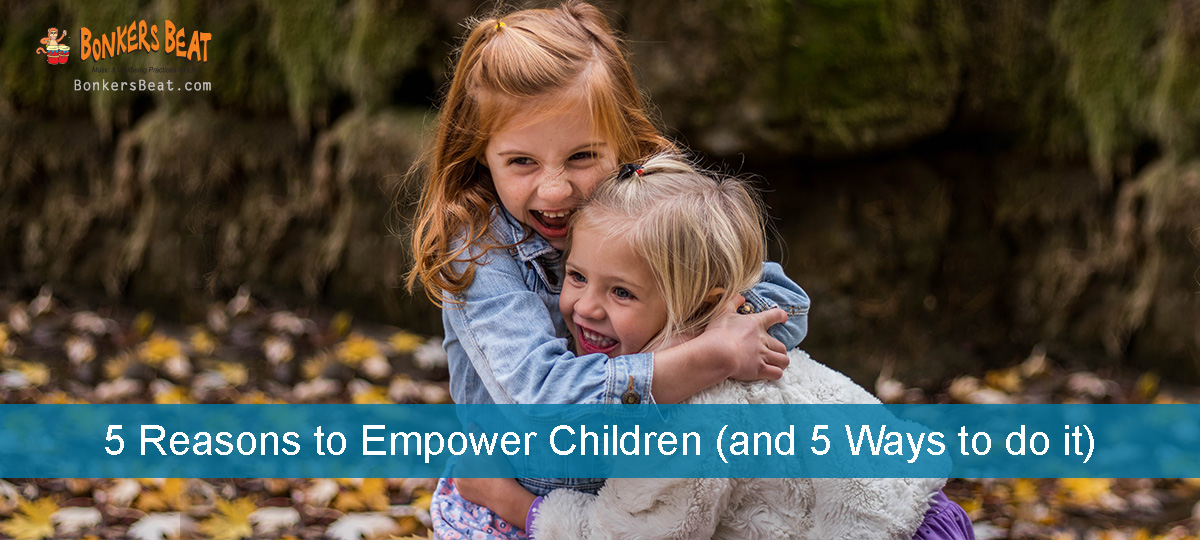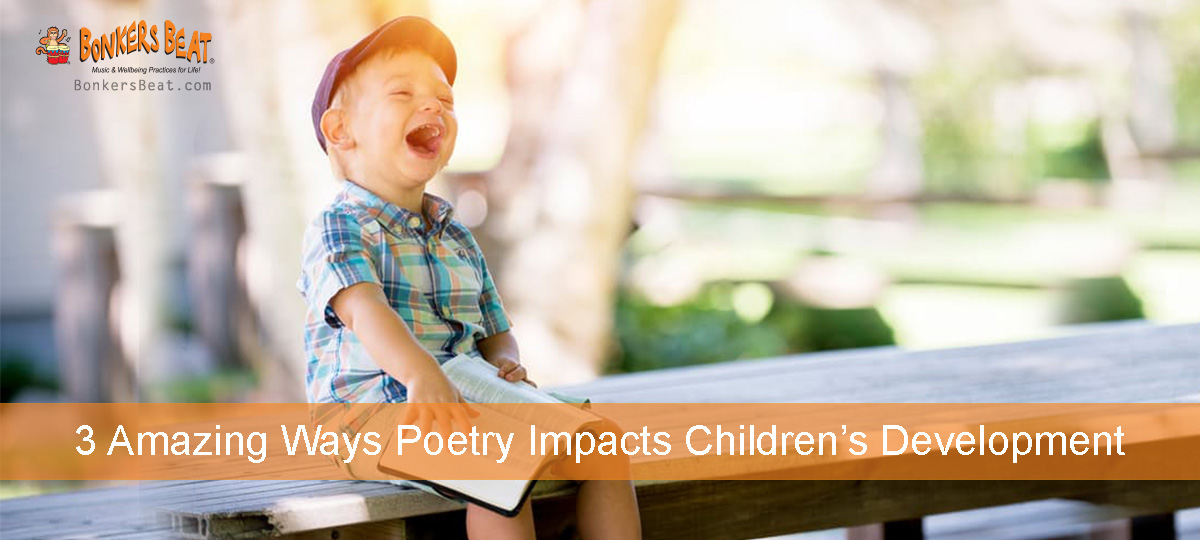Spending time with the elderly may not seem like it would be an exciting experience for young children, but maybe it deserves more credit… Recent research indicated that when children and seniors get together, there are a lot of benefits for both!
Take a look at this video and see for yourself! http://bit.ly/2xxYuKn
We wanted to share the amazing outcomes of the time spent between young and old with Bonkers Beat and our own community. That’s why we planned a visit with some of the older members in the local area. So, off we went to the Aspendale Senior Citizen’s Club!
Take a look at what a fun and fulfilling day we all had. Click here.
The time spent between young and old isn’t just enjoyable – the benefits are real and they are meaningful. A 4-year old can learn so much from a 74-year old – and vice versa!
Here are just a few of the benefits experienced by children and older individuals through this intergenerational time spent together:
Benefits for children
- A patient listening ear
- A lifetime of stories to hear
- An insight into life’s ageing processes
- An opportunity to learn something new
Benefits for older individuals
- Enhanced mood
- An opportunity to learn something new
- Improved physical capability and movement
- More enjoyment of life
- Lessened dementia symptoms
We are so excited to have started this new relationship and can’t wait to continue working together with our community. In fact, at our upcoming Working Bee on 28 October we are planning to create a community garden!
By getting your centre involved with your local community you can show your children the importance of creating strong connections and enhance the wellbeing of everyone involved.

